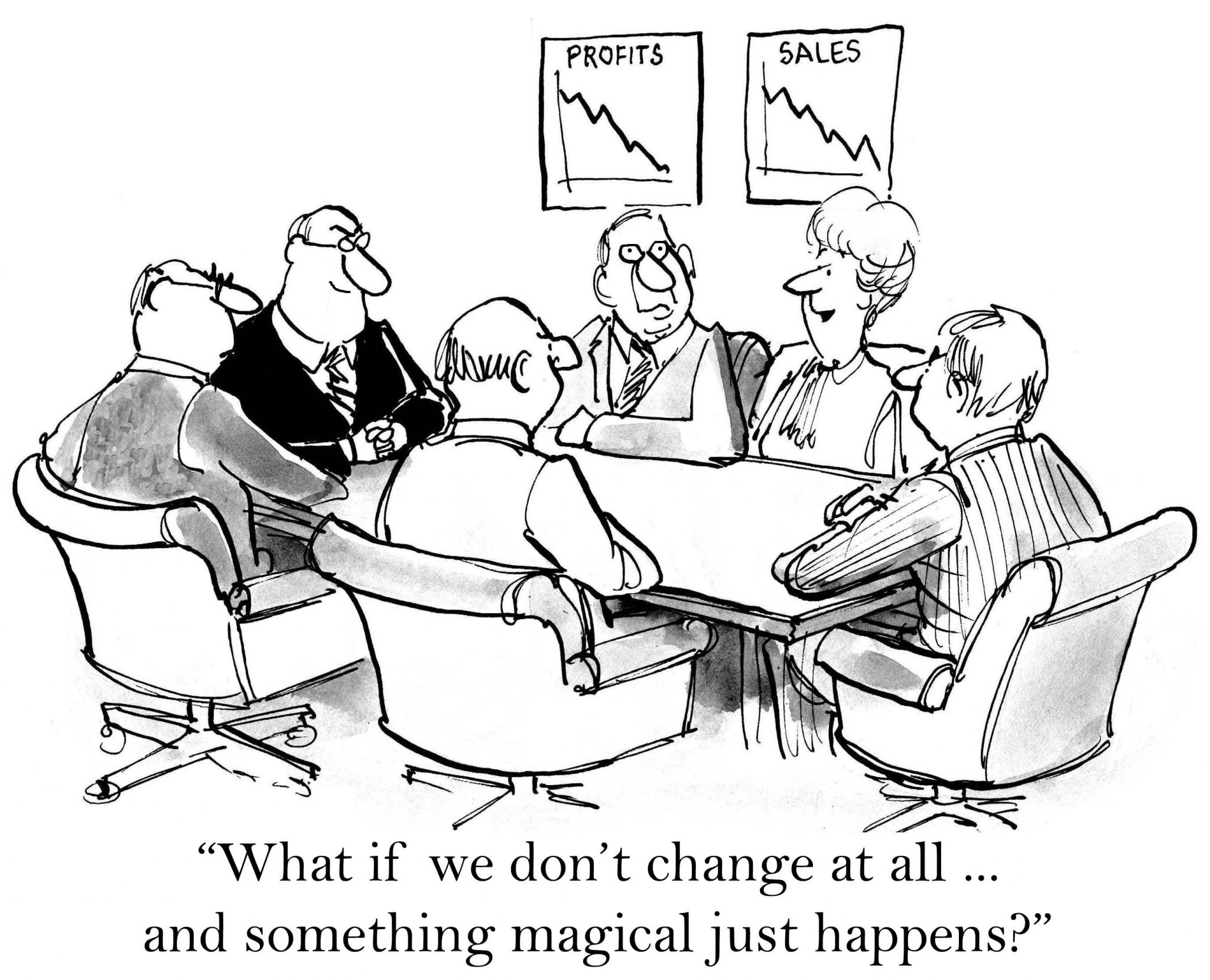
Surprise – Our Brains are Built to Resist Organizational Change
Our brains resist organizational change mainly because change – of any kind – is at odds with the status quo. You know, the comfortable patterns that we have assimilated to and come to master. Organizational psychologists have taught us that we should expect workers to balk at major change at first.
Fear of the Unknown
Employees are likely to “fear” the unknown whenever they are not certain of where they fit into the new picture (or if there is a place for them at all). Additionally, employees may doubt the ability of leadership to effect the new change and often prefer the current situation where they know what to expect and how to be successful.
Steps to Manage Change
To help us succeed at the process of organizational change, change management consulting experts outline steps to follow that are most likely to win employees over and encourage their commitment to the desired behaviors and goals. They rightfully recommend to ensure clear and frequent communication to explain why the change is necessary, to fill in the blanks of how the change will be implemented, to describe how it will affect each employee, and to inspire with the overall vision.
Two Big Reasons Our Brains Resist Organizational Change
Recently, however, psychologists who focus on how neuroscience explains organizational behavior have joined the discussion. They shed additional light on why we naturally resist change. Our brains are actually designed to fight change for two reasons:
Two Big Steps to Alleviate These Change Resistant Brain Reactions
Here are two foundational suggestions from change management consulting experts to help the brain feel better about change:
The Bottom Line
Change is necessary and often messy. Understand why brains resist organizational change. Then ensure high levels of strategic clarity and active involvement in a plan that makes sense.
To learn more about successful organizational change, download How to Successfully Recognize and Reward Organizational Change
Explore real world results for clients like you striving to create higher performance